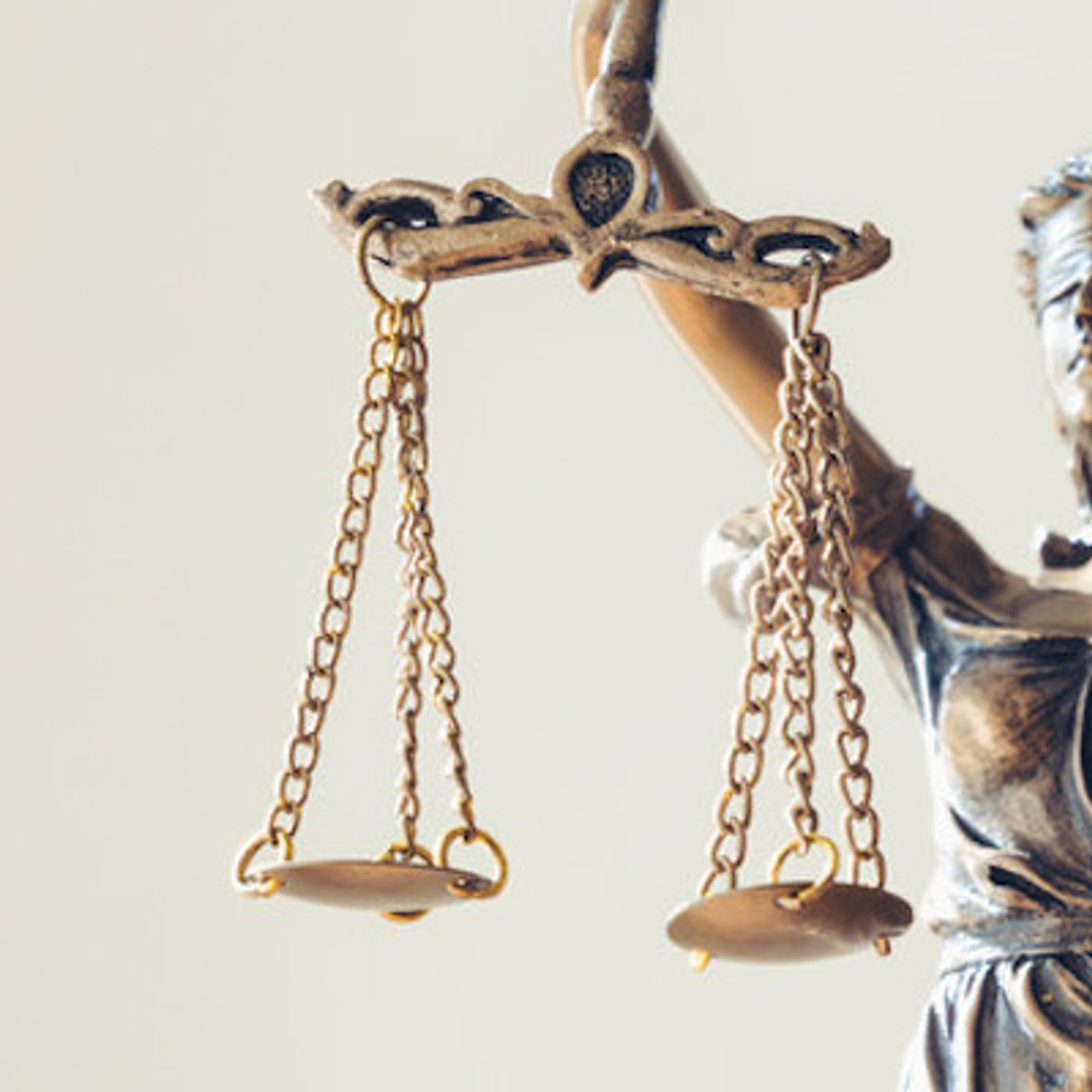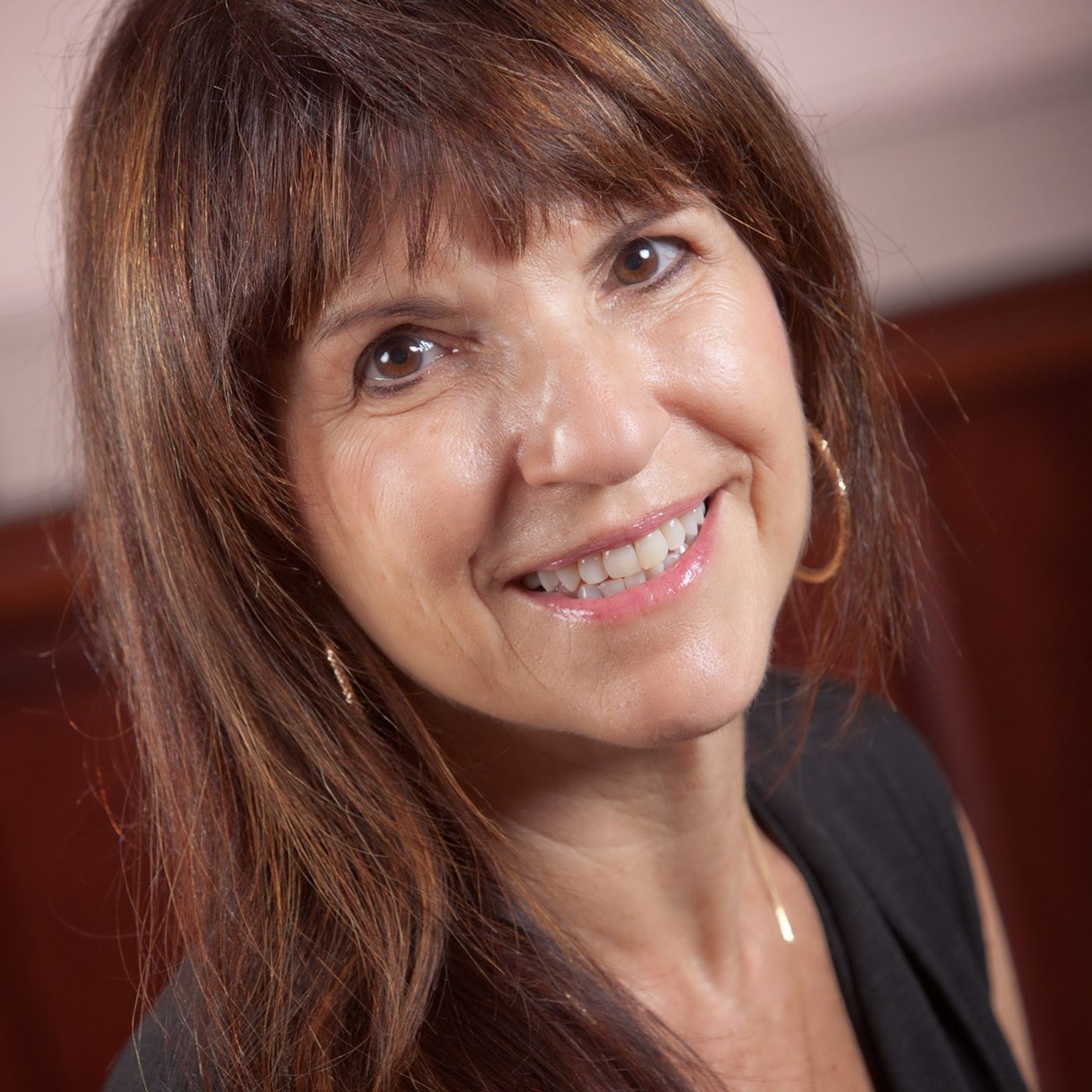
🎤 PODCAST • Passing Judgment ~ Why some people don't want you to pass judgment on others ~ a short interview with Dr. Andy Bernstein

www.drkenner.com Answers Your Questions
Deep Dive
- Psychological motive: guilt and fear of self-judgment.
- Moral philosophical motive: religious beliefs like original sin.
- The necessity of judgment in daily life and relationships.
Shownotes Transcript
Well, he came to the wrong house and he came twice.
I shall see that he never comes a third time. We've talked about judging other people. With me today, I have Dr. Andy Bernstein, my resident philosopher. He's got a Ph.D. in philosophy. He teaches at Pace University. And he's given addresses all over the country, including at Harvard and Stanford and RPI. And he's written countless articles, several cliff notes, and a novel, The Heart of a Pagan. And with me today, we're going to discuss...
How do you judge other people? So many times we're told, "Don't judge other people. Be nice." Joey might come in and say, "Mommy, I don't like what Tommy did to me. He's mean." And Mommy might say, "Joey, you know it's not nice to say mean things about people. Tommy's a very nice friend. You just sit back and don't ever say anything negative about people. Good people only say nice things about people."
With me today, again, to discuss this is Dr. Andy Bernstein. Welcome to the show again, Andy. Good to be back, Ellen. Yeah. Tell me, what is the motive? My guess is there are a range of motives behind why people say, don't judge, like the mother in that case who's telling her son, don't say mean things, it's not nice, good people only say nice things about other people. Right. Well, I think, you know,
in large part i think the fault in in your field uh... not mine i think that uh... i think in in
probably all of those cases, there's always a psychological motive. I think there's a moral philosophical one, too. But I think the psychological motive is always the person himself or herself feels terribly guilty inside about God knows what, and is terrified of being judged himself, that he's afraid to judge himself because he's afraid he's going to wind up falling short of his own moral standards.
and consequently terrified of what other people judge him. And so necessarily then wants to avoid moral judgment at all costs, and so utters this kind of nonsense that we shouldn't judge other people, even though our lives very clearly depend on our willingness to judge other people's characters and their psychological state.
I'm thinking we judge everything. I mean, you go into a restaurant, you judge the food. You go shopping for clothes and you judge whether the dress looks right on you or if it hangs funny on you, whether the shoes fit or not, whether you like the car or not. We're constantly judging things. When it comes to people, there's a whole...
I want to say a movement. It's not a coordinated movement, but there's a whole mentality or a mindset that people can get into that says, well, you know, I just don't think about that in him. I don't like it in him, but I don't want to look too deeply.
Who tells us not to judge people? Well, there is a coordinated movement here. It's called Christianity. You know, the famous... Well, religion more broadly. It's not just Christianity. But, you know, the phrase of judge not... and be not judged. The...
I think the belief here comes from the religious belief in original sin, that man is a sinful being. And consequently, since we're all equally sinful, not one of us is morally pure enough to be able to be a judge. To cast the first stone.
And I think, again, I think that philosophy and that moral creed has psychological consequences. I think people who have accepted the idea of their own sin, and probably were brought up in that kind of a family, the people who accept that have a chronic sense of moral inadequacy and a chronic sense of self-loathing and guilt, and they're terrified of being judged, so they preach this.
this philosophy of do not judge. I just want to stress, in the antidote to this, is the realization that our lives depend on judging. I think people can see at a common sense level they have to judge other people. They cannot fail, must not fail to distinguish
between the honest and the dishonest, between the peaceful and the violent, between the rational and the irrational. Their very lives depend on judging between those people who they connect with as friends or lovers and who they reject. So it's very tragic. If you've been brought up
to believe that you're a sinner from the get-go, before you even face any choices in your life, before you make any decisions or exercise your volition, your free will, if you're told that you're a sinner, you're bad to begin with, and that all you can do is climb out of the hole but never enjoy the sunlight,
you can just get to the edge of the hole, then it feels like you're afraid to judge. You're afraid to cast any blame because you're carrying around what I know Ayn Rand calls unearned guilt. It's guilt that you never should have held.
Yeah, that deep belief in one's own sinfulness and one's own unworthiness would necessarily make a person terrified of being judged. And then the philosophy that we shouldn't judge becomes attractive because that means if we shouldn't judge, that means above all, other people shouldn't judge me. And if I'm a sinner...
based on whatever wrong standards there are, you know, I've been spoon-fed from birth, then that's not fair because I'm tragically then trapped. The alternative to that, I'd like to spend a few moments on that, Andy. What would be an alternative view? Not that you're born with original sin, but what would be the alternative that would make judgment a joy? I even had a segment in a recent course I gave, The Joy of Judging.
Hey, I gotta interrupt this because we've got to pay some bills. 30 seconds, that's it. A very quick ad and then Alan will be back. Romance. Oh, I wish guys knew more about what we want from a relationship. Boy, I wish I knew more about what I want. Where's that ad I saw?
Ah, here it is. The Selfish Path to Romance. A serious romance guidebook. Download Chapter 1 for free at SelfishRomance.com and buy it at Amazon.com. Hmm. The Selfish Path to Romance. That is interesting. What would be an alternative view? Not that you're born with original sin, but what would be the alternative that would make judgment a joy? I even had a segment in a recent course I gave, The Joy of Judging. Okay.
I like that title. I think the alternative view is the realization that we come into this world, and coming into this world, we're not trailing any supernatural legacy. We're not bringing in some sinful element from our ancestors thousands of years ago. We come into this world neither good nor evil. We come into this world with the capacity to make choices, with the faculty of free will.
And then our character is based on what kind of choices we make. For instance, if you're a kid going to school and you study hard and earn good grades, you should be proud. You've done good. If you cheat, then you've done bad. So you judge yourself. Yes. So, I mean, people have their own character in their hands. And I love it.
I love Ayn Rand's line on this, that man is a being of self-made soul. You read soul here, moral character. Man is a being of self-made moral character. So we're not evil by nature, nor are we good by nature. We're delusional by nature. And the choices we make determine our character. And so we shouldn't be afraid of judging, because if we do good, then we should be proud. If we do bad, we don't have to beat ourselves up over it. Just change. Get better. Do it better next time.
So if you're in this swamp of always feeling guilty, always feeling like you're a sinner and you've been taught that since you were a young child, the alternative would be to at least
Look at the possibility that maybe you're not a sinner and never were a sinner in the sense of original sin and that you can judge yourself on the good choices you've made and bad choices. If you've made a preponderance of good choices and some bad ones that you're cleaning up, then you can really value yourself and feel a sense of earned pride, a very good character. You've made yourself into a responsible person or maybe you have a decent job that you enjoy, good hobbies, good friends, etc.
If you've run your life into the ground, then it's going to be harder to pull yourself out of it, but you still can try to make amends and try to repair your life. Yes, and also, you know, I would point out that I'm certainly a sinner, but I enjoy my sins, so, you know, I don't worry about that. What are your sins? Well, they're probably X-rated. I probably should have gone with them, you know, on the air, but...
I think what you're stating here is a very important point, and that people don't realize very often that morality is their best friend. They look at it as their enemy, mostly because morality has pushed at them. Well, they've had the Judeo-Christian morality, and the alternative is a rational morality, one that's based on facts, one that has common senses.
Listen, I want to thank you so much for being with us again today. And I hope to have you. Maybe next time we could discuss my sins. Okay, we'd love to do that. And I'm Dr. Ellen Kenner. The show is The Rational Basis of Happiness. And if you want more information on Ayn Rand, who has a rational moral code, you can go to my website, drkenner.com or aynrand.org. A-Y-N-R-A-N-D dot org.
For more Dr. Kenner podcasts, go to drkenner.com and please listen to this ad. Here's an excerpt from The Selfish Path to Romance, the serious romance guidebook by clinical psychologist Dr. Ellen Kenner. To be told by your romantic partner what it is about you that they adore offers an irreplaceable value when it mirrors your self-image. Notice that you can't get visibility by being with someone whose character is fundamentally different from your own.
own, a co-worker you despise, a date with whom you have nothing in common. Such a person's way of coming at the world is alien to your own. You will not feel an affinity for them or experience a reflection of yourself, and you certainly won't feel any romantic attraction to act as your mirror, another person's
person must share important values. It is no accident that one of the most painful complaints you can make about your partner is he or she makes me feel invisible, unimportant, like I don't exist. You can download Chapter One for free by going to drkenner.com and you can buy the book at amazon.com.